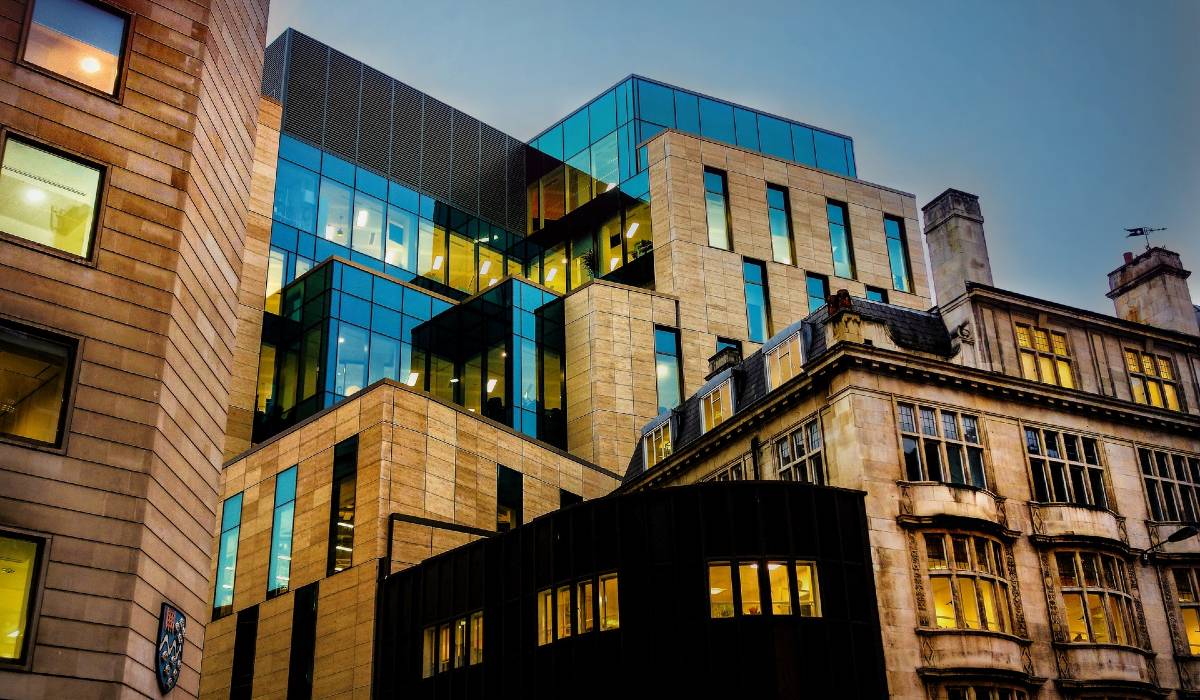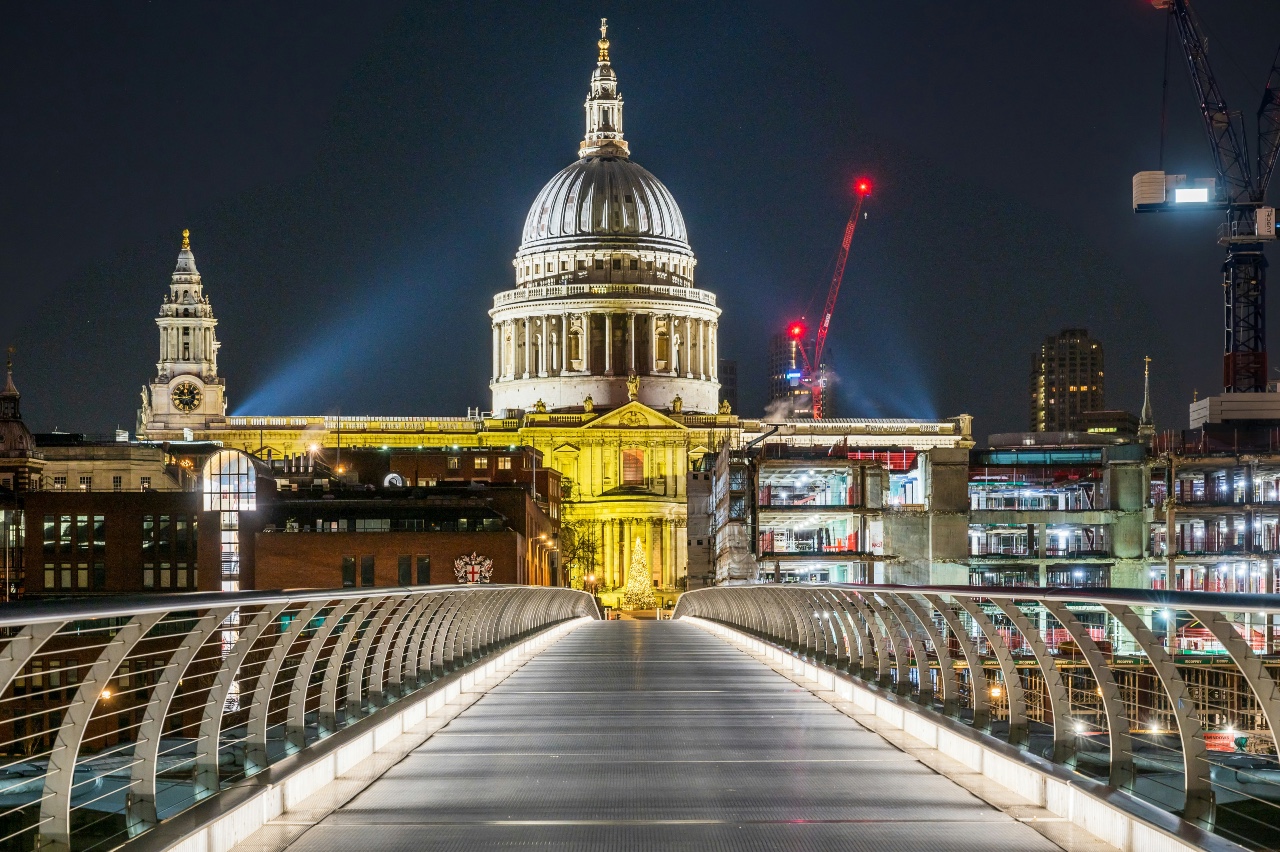World Green Building Week: accelerating the shift to net zero buildings
World Green Building Week is here – and this year its organisers, the World Green Building Council (WorldGBC) are calling for urgent global action to deliver net zero buildings.
The statistics speak for themselves: buildings and construction are currently responsible for 39% of global energy-related carbon emissions. So, if the world is to achieve net zero by the second half of this century (our best chance of limiting global warming to below 2°C), then buildings are a large piece of the puzzle.
Of that 39%, 11% comes from embodied carbon (emissions from construction and materials), but it is operational emissions (from heating, cooling and lighting buildings) that make up the lion’s share.
Most of our existing buildings will still be around in 2050 and beyond – so retrofitting measures to boost energy efficiency and switch to clean energy sources will have a huge impact on emissions.
Government action
The UK’s net zero by 2050 target is enshrined in law, and policies are needed to meet the size of the task. We’re expecting the government to publish a Heat and Buildings Strategy this autumn, which will set out the immediate actions we need to take to reduce emissions from buildings. These will include the deployment of energy efficiency measures and a roadmap for achieving a mass transition to low carbon heat. Heating our homes, businesses and industry is responsible for a third of the UK’s greenhouse gas emissions, according to government figures.
Separately, the government has recently announced grants to boost uptake of green measures in domestic and public sector buildings. The Public Sector Decarbonisation Scheme is promising £1bn for low carbon upgrades to public sector buildings, and the Green Homes Grant offers £2bn for domestic upgrades.
There are compliance drivers already in place too, which are set to tighten as we move closer to 2050. The Minimum Energy Efficiency Standards are pushing landlords to strict minimum energy performance standards across their estates. For large companies, ESOS and Streamlined Energy and Carbon Reporting are shining a spotlight on building energy waste and where efficiencies can be made.
So, progress is happening – but the Committee on Climate Change has been critical about the pace and scale of change. In its latest report it said “Policy to date has failed to meet the size of the challenge.”
The business imperative
Where policy action might be lagging, businesses and organisations across the world are stepping up to the plate. Stakeholder pressure is at an all-time high, galvanising organisations of all sizes and sectors to address their contribution to climate change.
The WorldGBC’s Net Zero Carbon Buildings Commitment is a case in point. Since inception, businesses and organisations signed up to the Commitment now cover nearly 6,000 assets, over 32 million m2 of total floor area and USD 100 billion in annual turnover. By 2030, the operational portfolio emissions of these organisations will be at net zero, saving approximately 3.4 million tonnes of CO2 that year – equivalent to the emissions from powering 400,000 homes for one year.
For those beginning to set carbon reduction targets for their buildings, it may be difficult to know where to start. Undertaking a comprehensive energy site survey across your portfolio is a good first step. It will help you identify the most cost-effective solutions, such as upgrading to LED lighting, upgrading to smart building controls, or switching to onsite renewables, so that you can start reducing carbon straight away. Direct and immediate benefits are often available, such as more comfortable buildings, improved health and wellbeing, and reduced energy bills.
Longer term, we can help you put a long term plan in place for ongoing carbon reduction across your estate, with practical solutions to help you achieve net zero across your estate.
By taking action now to decarbonise their own portfolios, businesses will play a significant part in the shift to net zero. The last word goes to WorldGBC: “Net zero carbon buildings: for communities, for the planet, for economies. No matter where you are, you can #ActOnClimate.”


